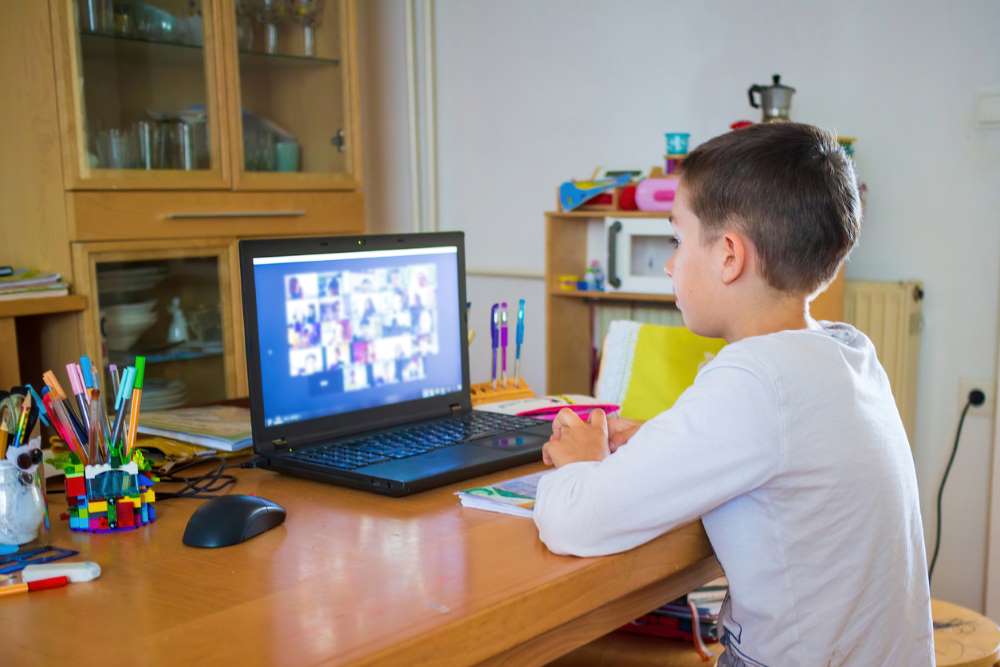
Does your child struggle to concentrate at school? It’s typical for kids at every age to have focus-related issues while listening to teachers, studying for tests and more. Fortunately, you can help your child adjust with different tips and tricks.
Here are six methods to try.
1. Create a Daily To-Do List
Your student may have a poor attention span because they don’t follow a to-do list. It’s never easy to tackle various tasks when you don’t have a plan. Therefore, you should help them formulate a daily homework schedule so that they know what they have to complete.
On Sundays, you can look at their online portal to see what’s due that week. Use a physical agenda so they’ll always have access to their responsibilities. Then, you can use a few moments after school every day to add and remove specific assignments.
Review their progress periodically to ensure they’re on track. Eventually, you should be able to leave your child to their own devices. This effort should boost time management skills because they’ll have a goal to reach each day.
2. Organize Folders and Binders
A disorganized backpack won’t help your kid concentrate. They’ll quickly become unfocused if they have to dig through their belongings to find yesterday’s homework. It’ll be much easier for them to concentrate when they have quick access to each folder and binder.
Use a simple system that makes sense, like color-coding or labeling. Take an hour or two on the weekend to rearrange their papers accordingly. Then, they should be able to pay attention more thoroughly to each subject.
3. Set Aside a Homework Space
Does your kid have their own space to complete homework? You should create a location where they can steer clear from distractions that hinder their focus. This spot could be an individual desk or your kitchen table. In any case, it’s key to make sure it’s quiet, comfortable and organized. They should have access to only their books and supplies.
This area will help them become more well-equipped to do their homework and study. Plus, your kid will learn how to sit in a single space for a few hours at a time. That will replicate how they have to remain at their desks throughout their school days.
4. Use a Timer for Tasks
It may help to time certain activities, as well. If they take a break from assignments to grab a snack or use the restroom, you should set an alarm for 5 minutes. The timer’s alert will remind them to return to their workspace so that they can redirect their focus.
You don’t have to create a strict schedule. It’s always helpful to leave your child to make their own decisions, too. This way, they’ll learn from their mistakes. Try to find a balance — and you shouldn’t forget to leave room for free time.
5. Distract Smartly to Boost Patience
You can use real-world situations to help your child learn patience. You normally have to wait when you’re at the doctor’s office and grocery store. It’s also likely that you deal with traffic on a daily basis. In any case, you should try different tactics to help boost your child’s patience as you wait.
Don’t keep your kid busy with electronics. Instead, you can play mental games to occupy you both as you wait. Use “I Spy” or “Going on a Picnic” so that they don’t feel agitated because they have to employ patience. If they’re frustrated or angry, it’s best to acknowledge those specific emotions so they feel understood.
This practice will directly translate to their classroom. If they have to sit and wait for their food to arrive at a restaurant, they’ll use that patience at school. Plus, your child won’t have to rely on electronics to distract them. Their mental focus will be sharper.
6. Stick to a Routine
A routine will come naturally from your timer usage. That said, you can always build one from scratch. This technique will keep your child focused as they navigate each task. If they don’t have time to dwell or procrastinate, they’ll complete their responsibilities.
Tailor your plan to their weekly schedule. You should leave room for potential changes or cancellations. Be sure they can access their routine so that they can refresh their minds. A dry erase board works well. Allow slots for homework, extracurriculars, studying and more.
An overall daily routine can make a difference, too. Think about when your kid wakes up, eats breakfast and performs other routine tasks. Is it difficult for them to do those things with enough time to spare? A routine for both life and school will create beneficial structure.
Use These Tricks to Increase Your Kid’s Concentration
It’s often tough for students to focus at school. Thankfully, you can use various strategies at home to ensure they’re ready for hours and hours behind a desk. Incorporate these methods to help them become productive and patient individuals.



























